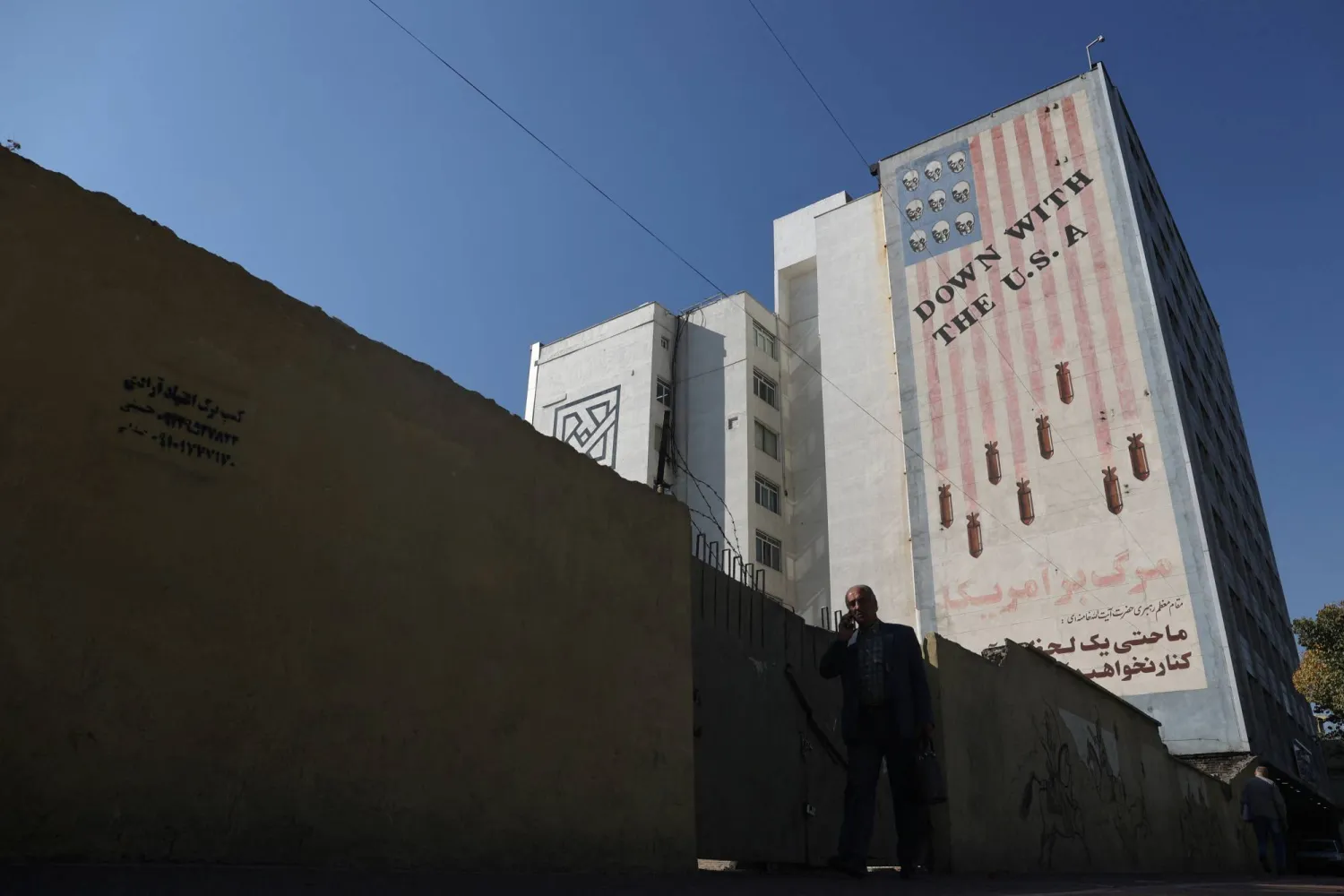Iranians' livelihoods will not be affected by the US elections, government spokesperson Fatemeh Mohajerani was reported as saying on Wednesday after Donald Trump claimed victory in the presidential vote.
Arab and Western officials have told Reuters Trump may reimpose his "maximum pressure policy" through heightened sanctions on Iran's oil industry and empower Israel to strike its nuclear sites and conduct assassinations.
"The US elections are not really our business. Our policies are steady and don't change based on individuals. We made the necessary predictions before and there will not be change in people's livelihoods," Mohajerani said, according to the semi-official Tasnim news agency.
The Revolutionary Guards did not directly react to Trump's claimed electoral victory but said Tehran and its allied armed groups in the region are ready for confrontation with Israel, Reuters reported.
"The Zionists do not have the power to confront us and they must wait for our response... our depots have enough weapons for that," the Guards' deputy chief Ali Fadavi said on Wednesday, as Tehran is expected to respond to Israel's Oct. 25 strikes on its territory which killed four soldiers.
He added Tehran does not rule out a potential US-Israel pre-emptive strike to prevent it from retaliating against Israel.
In his first term, Trump re-applied sanctions on Iran after he withdrew from a 2015 nuclear pact between Iran and world powers that had curtailed Tehran's nuclear program in exchange for economic benefits.
The reinstatement of US sanctions in 2018 hit Iran's oil exports, slashing government revenues and forcing it to take unpopular steps, such as increasing taxes and running big budget deficits, policies that have kept annual inflation close to 40%.
Iran's national currency has weakened at the prospect of a Trump presidency, reaching an all-time low of 700,000 rials to the US dollar on the free market, according to Iranian currency tracking website Bonbast.com.









